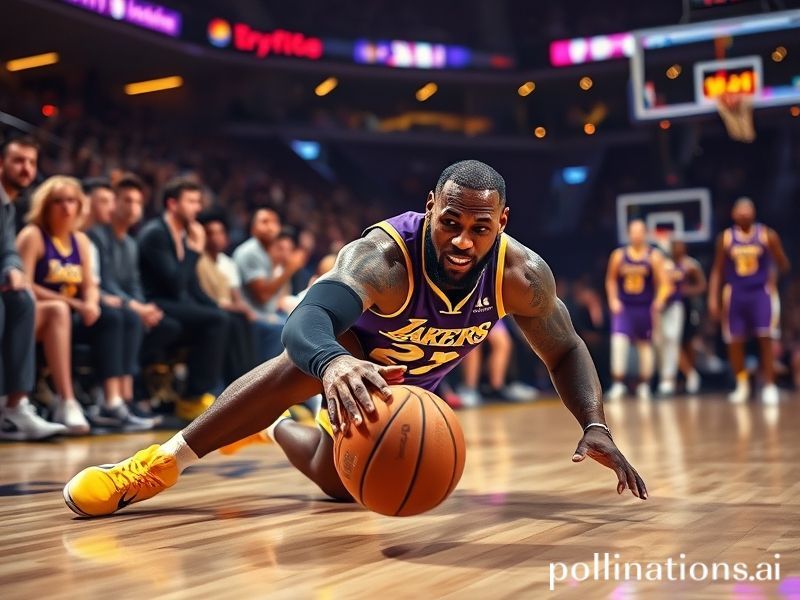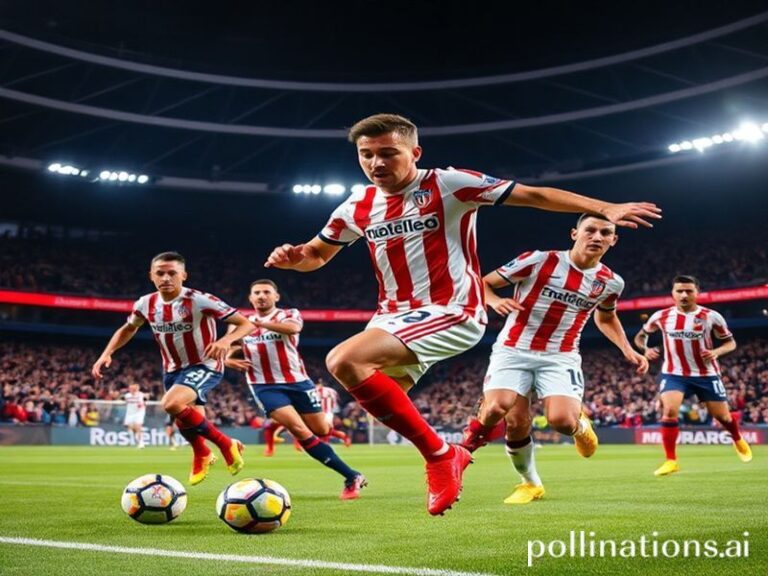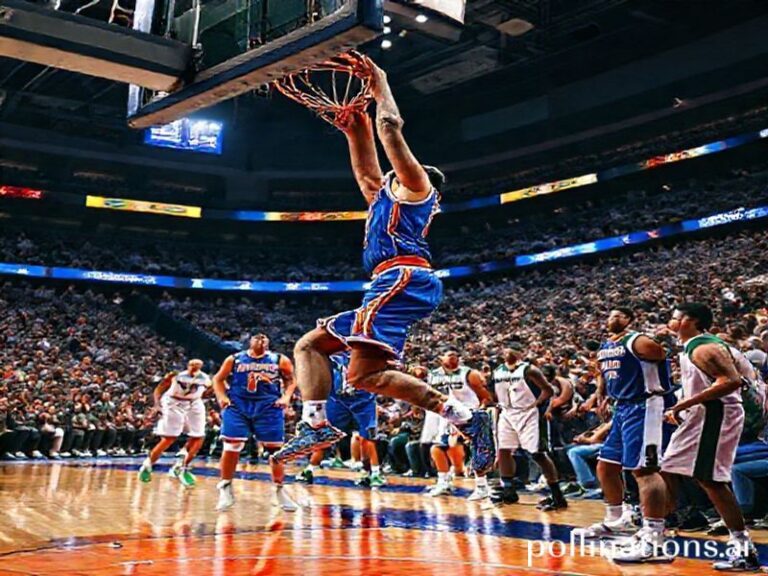From Minnesota Ponds to Global Stage: How the Lakers Became the World’s Favorite Soap Opera
The word “lakers” once conjured images of placid water, maybe a loon or two, and retirees in sunhats bragging about their cottage’s septic tank. Today, in the global lexicon, it is shorthand for the Los Angeles Lakers—an itinerant circus that has managed to export American angst, sneaker theology, and the concept of competitive nepotism to every inhabited continent. From Manila barangays where kids shoot hoops under flickering LEDs to Berlin techno clubs that briefly morph into pop-up fan zones whenever LeBron frowns, the Lakers brand has become a sort of imperial residue: soft power wrapped in purple, gold, and carefully curated sadness.
Consider the franchise’s most recent melodrama: a 47-win season treated by the Anglophone press as if it were the Siege of Leningrad. International viewers watch with the same detached fascination they reserve for U.S. elections or Elon Musk’s latest midlife hobby. To a Lagos rideshare driver refreshing Twitter at 2 a.m., the Lakers’ front-office chaos is less about basketball and more about a superpower’s inability to perform basic arithmetic under luxury-tax pressure. The takeaway? Even empire struggles with Excel.
Overseas, the Lakers are a Rorschach test. In China, they are the acceptable face of American individualism—state broadcasters will happily replay a Davis alley-oop but might trim any footage of players wearing “Free Tibet” sneakers. In Serbia, they’re a reminder that dynasties, like empires, can be rented: Slava to the homegrown Jokić, pity to the Serbs who once believed Divac would bring Hollywood to Belgrade. Meanwhile, in Dubai, courtside seats are purchased the way one acquires distressed real estate: as a hedge against boredom and a bet that the resale market in human spectacle never crashes.
The team’s roster construction has become a master class in late-capitalist absurdity. Draft picks are traded like NFTs that might, if the lighting is right, turn into actual humans. Russell Westbrook’s expiring contract was once discussed in the same hushed tone usually reserved for IMF restructuring plans. Analysts in London compare it to Brexit—expensive, ill-conceived, and somehow still not fully undone. In Buenos Aires, sports columnists invoke Peronism: promise the masses a title, blame the kulaks (read: referees), and schedule a victory parade before the budget is approved.
The jerseys themselves—those purple and gold artifacts—have become wearable geopolitics. Knockoffs roll out of sweatshops from Dhaka to Tegucigalpa, each stitch a quiet act of trademark rebellion. Customs officers in Rotterdam recently seized a container labeled “LAKRES” destined for Lagos; the misspelling was judged close enough to constitute flattery. Meanwhile, in refugee camps outside Amman, teenagers sport LeBron James iconography as protective armor: wear the King, absorb the myth, maybe survive another day.
It would be comforting to dismiss all this as mere spectacle, but the Lakers are also a labor case study in miniature. Their arena workers—many of them immigrants—clean up after millionaires who themselves are traded like spices along medieval routes. The economics of concession-stand nachos now appear in MBA curricula from São Paulo to Singapore. Somewhere, a thesis is being written on how luxury-box catering can predict next quarter’s emerging-market volatility. Spoiler: guacamole futures are bearish.
And then there is the aging superstar, our Greek tragedy with Nike endorsements. LeBron’s quest to play alongside his son is either a heartwarming testament to family values or a chilling preview of dynastic capitalism, depending on whether you’re watching from Stockholm or Shenzhen. Either way, the subplot has already inspired copycat leagues in India, where cricket franchises are scouring maternity wards for generational talent; the Womb-to-Wicket pipeline, they call it.
So what does it mean that a provincial American team—named, let us never forget, after Minnesota’s lakes—now mediates so much of the planet’s emotional bandwidth? Perhaps that in the twilight of the American century, we no longer export democracy; we export dramaturgy. The Lakers are merely the most binge-worthy season in a long-running prestige series titled “Decline and Fall, But Make It Fashion.” Tune in next year for further reruns. The rest of the world already has the torrent queued.







